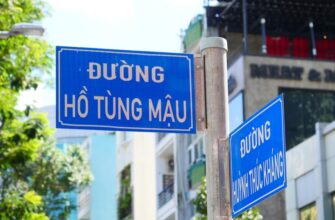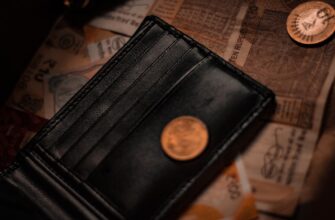- Why Choosing the Right Bitcoin Wallet Matters in Bolivia
- Top 5 Bitcoin Wallets for Bolivian Users
- Key Features Bolivians Should Prioritize
- Step-by-Step: Setting Up Your Bitcoin Wallet in Bolivia
- Frequently Asked Questions (FAQs)
- Is Bitcoin legal in Bolivia?
- Which wallet has the lowest fees for Bolivian users?
- Can I buy Bitcoin directly in these wallets?
- Are hardware wallets necessary in Bolivia?
- How do I cash out Bitcoin to Bolivianos?
- What if I lose phone access?
Why Choosing the Right Bitcoin Wallet Matters in Bolivia
As Bolivia navigates complex cryptocurrency regulations and economic volatility, selecting the best Bitcoin wallet becomes crucial for secure transactions and asset protection. With increasing adoption for remittances and inflation hedging, Bolivian users need wallets balancing accessibility, security, and compliance. This guide explores top solutions tailored for Bolivia’s unique financial landscape.
Top 5 Bitcoin Wallets for Bolivian Users
After evaluating security, fees, and Bolivia-specific functionality, these wallets stand out:
- Trust Wallet – Mobile-first design with multi-coin support. Pros: Free, intuitive Spanish interface, built-in DApp browser. Cons: Limited advanced features.
- Exodus – Desktop/mobile sync with 100+ assets. Pros: Staking options, Trezor integration, 24/7 support. Cons: Higher network fees during congestion.
- Ledger Nano X – Hardware wallet for maximum security. Pros: Offline storage, Bluetooth connectivity, 5,500+ assets. Cons: $149 upfront cost.
- BlueWallet – Open-source mobile wallet. Pros: Lightning Network support, collaborative savings, zero fees. Cons: No desktop version.
- Coinomi – Multi-asset wallet with strong privacy. Pros: 125+ blockchains, shape-shift integration, no KYC. Cons: Past security controversies.
Key Features Bolivians Should Prioritize
When selecting your Bitcoin wallet in Bolivia, prioritize these aspects:
- Regulatory Compliance: Choose wallets allowing P2P transactions compliant with Bolivia’s crypto restrictions
- Low-Cost Transactions: Opt for Lightning Network integration to bypass high BTC fees
- Spanish Language Support: Ensure full interface localization
- Offline Accessibility: Critical during internet disruptions
- Boliviano Conversion: Wallets with integrated fiat gateways simplify spending
Step-by-Step: Setting Up Your Bitcoin Wallet in Bolivia
Follow this secure onboarding process:
- Download your chosen wallet from official app stores/websites
- Create offline backup of 12-24 word recovery phrase
- Enable two-factor authentication (2FA)
- Connect to Bolivian P2P exchanges like LocalBitcoins or Hodl Hodl
- Test with small transactions before larger transfers
Frequently Asked Questions (FAQs)
Is Bitcoin legal in Bolivia?
While Bolivia banned financial institutions from handling cryptocurrencies in 2014, individual ownership and P2P transactions remain legal. Use non-custodial wallets for compliance.
Which wallet has the lowest fees for Bolivian users?
BlueWallet’s Lightning Network integration enables near-zero fee microtransactions. For larger amounts, Trust Wallet offers competitive miner fee customization.
Can I buy Bitcoin directly in these wallets?
Most recommended wallets partner with third-party services like MoonPay or Simplex for Boliviano purchases, though KYC verification applies. Alternatively, use local exchanges.
Are hardware wallets necessary in Bolivia?
For holdings exceeding $500, a hardware wallet like Ledger is advisable due to Bolivia’s high theft risk. Combine with a mobile wallet for daily spending.
How do I cash out Bitcoin to Bolivianos?
Use wallet-integrated P2P marketplaces or connect to Bolivian exchanges like CryptoMarket. Always verify counterparty reputations before trading.
What if I lose phone access?
Your recovery phrase (stored offline) restores wallets on new devices. Never store it digitally or share with third parties.








